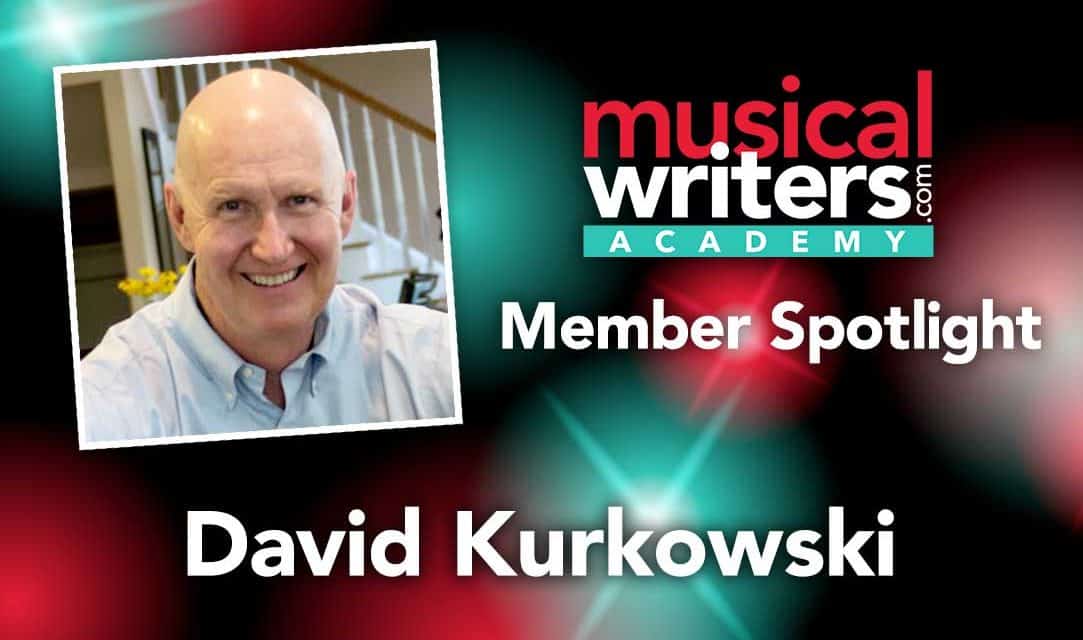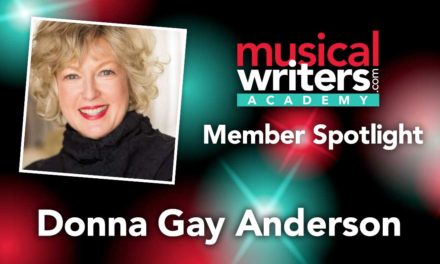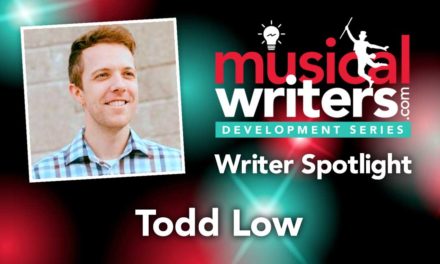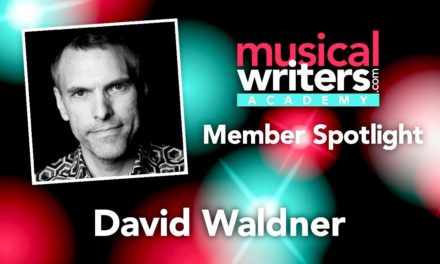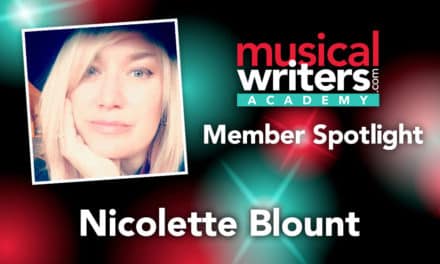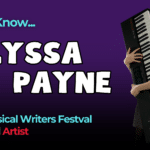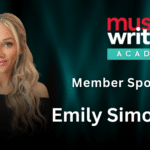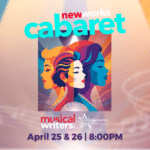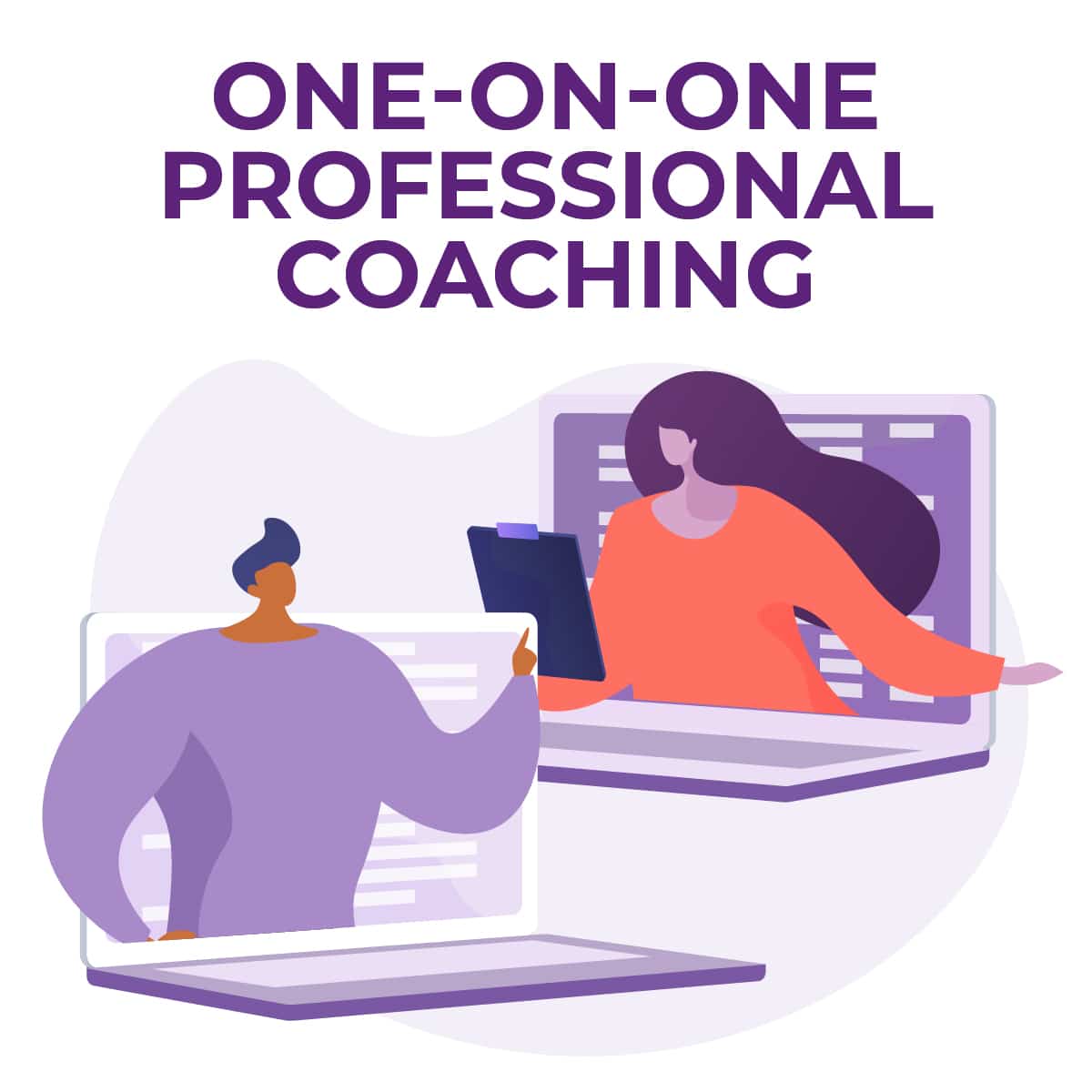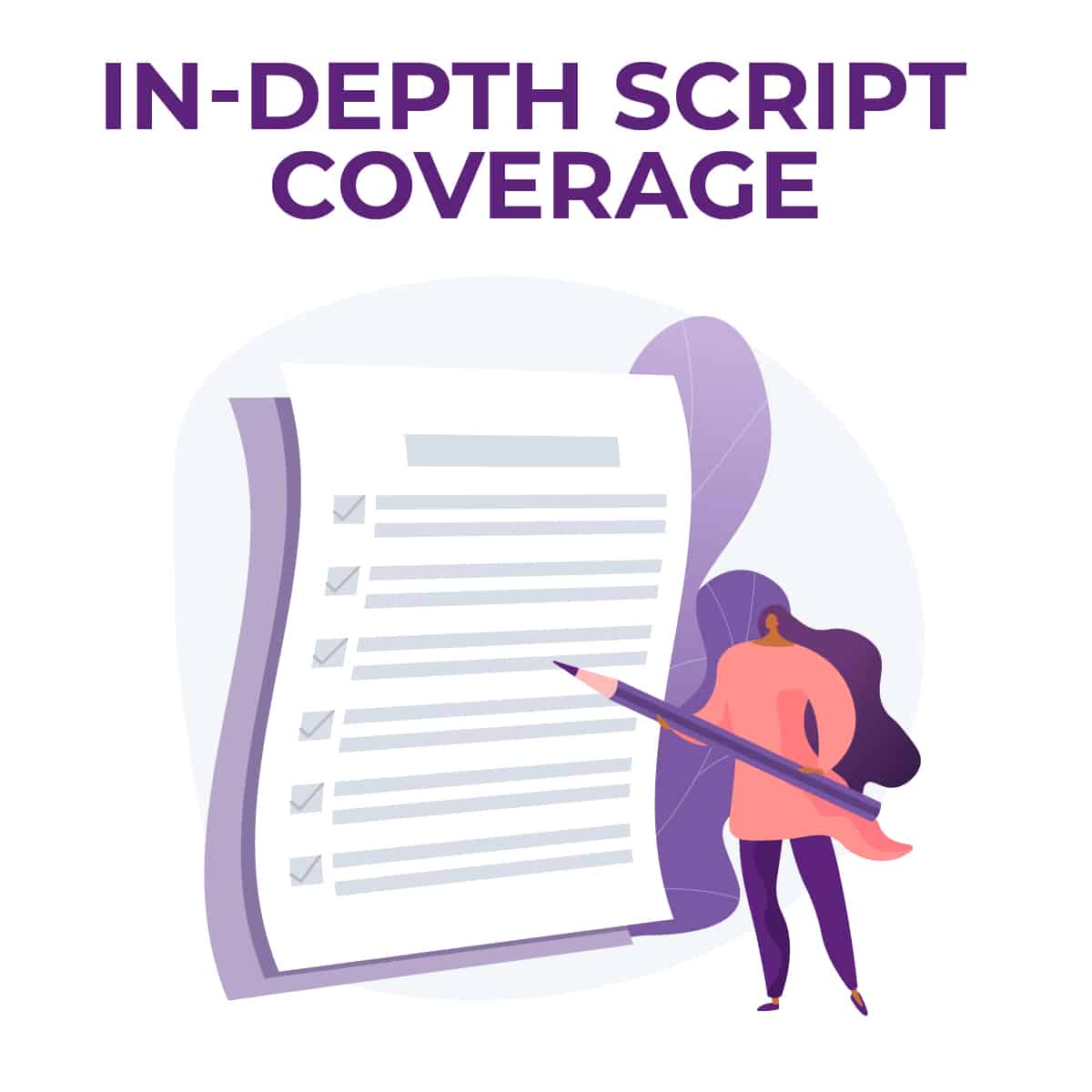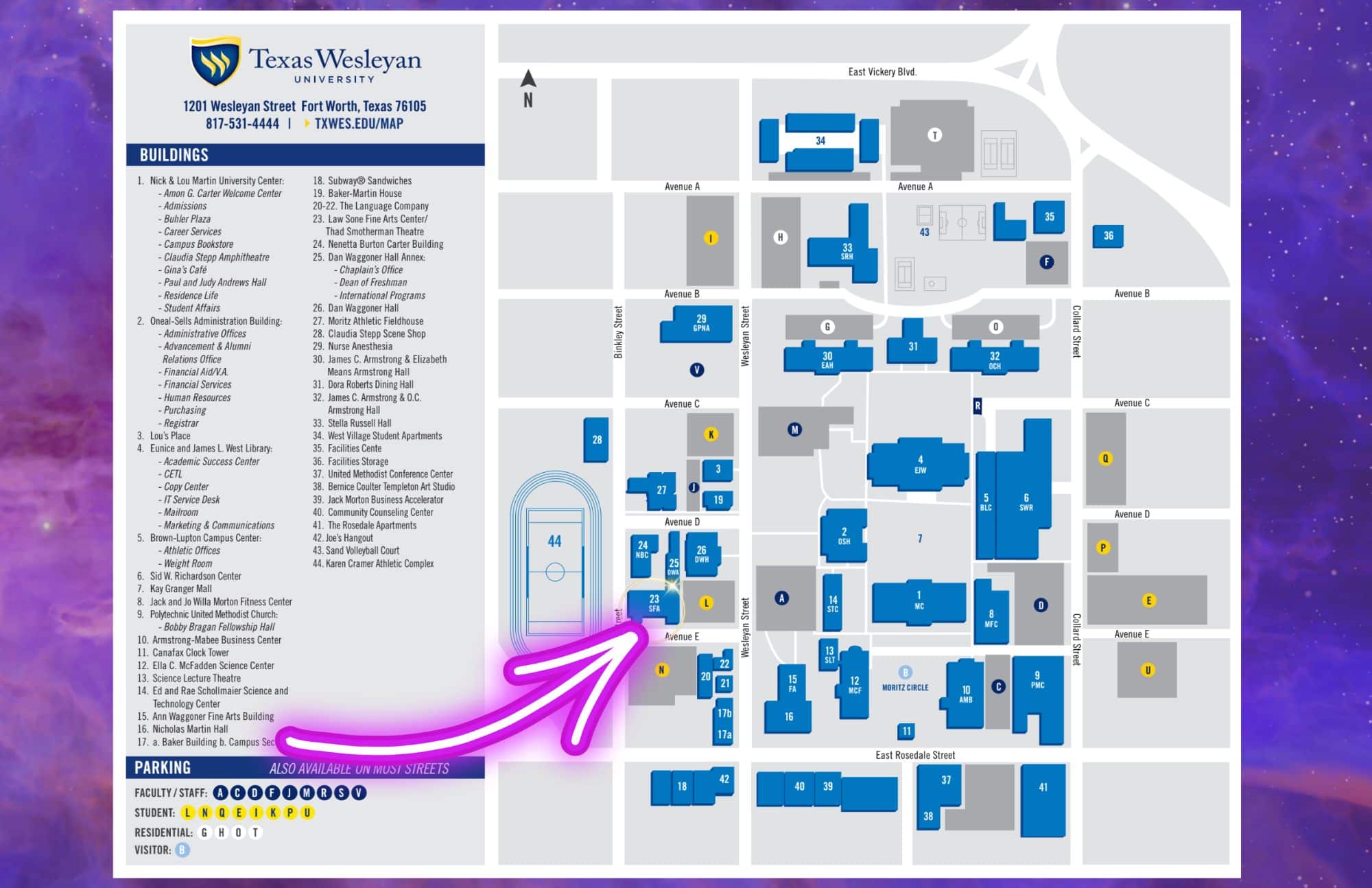MusicalWriters Academy is made up of bookwriters, composers, and lyricists from all over the world. We love supporting our members, and we want to help share what they’re doing, what they’re learning, and where they’re headed.
This month’s Academy Member Spotlight is David “Dave” Kurkowski, an excellent composer and wonderful friend, collaborator and inspiration to the musical writing community.
What are you working on right now?
David Kurkowski: Right now, I’m working as a composer on two projects. The first is Oh Dear, Camille, written by Rhonda Lageyre, a story about a middle-aged woman who is working through a crisis with her daughter and her mother. It’s contemporary with a couple retro scenes, so I’ve been able to use a lot of chords that appear in the Great American Songbook (e.g. flat-5 chords, minor 6th’s and suspensions) which I really love. The second project is Sewing the Dream, written by Judith Estrine, about the story of the Singer Sewing Machine. Of course, Isaac Singer is one of the characters, but the hero is an Irish immigrant named Annie, who plays an outsized role in the sewing machine’s success in the 1850’s. Both are great stories, and I’m happy to be part of a team and not be responsible for the script. Our goal is to have both projects ready for a table read this summer. I’m also trying to put together a 10-minute musical about a married guy my age—definitely a work in progress. I really think I’m lucky to wake up in the morning and say, “Which project shall I work on today?” What a privilege!
Writing a musical isn’t easy. What’s your “why” in being a musical writer?
DK: Why write a musical? For the money! Okay, okay, the real reason is that I love great musicals. I listen to soundtracks all the time. Living in Philly, my wife and I often see shows on their way to Broadway, some of which I saw decades ago. Raisin (1973) was one of my favorites. It was a musical version of Lorraine Hansberry’s Raisin in the Sun. It had all the elements that in my opinion make up a good musical—I want to laugh, cry, and walk out humming a song. Plus in the 70’s, when Raisin premiered, it included African drumming and dancing, which totally blew my mind. Unfortunately, it’s a musical that is rarely performed, which is so sad because most people have never heard of it. A few years later, I saw A Chorus Line, which was life-altering. So it was my experience in the audience that fed my desire to create. Taking the plunge into the pool of creation was certainly an audacious step because I have no acting experience and, as anyone who’s heard my voice can attest, there’s nada in that department either. But I do have melodies in my head, hundreds, and they demand to come out. So working in this arena is a “pinch yourself” dream come true.
What’s a lesson you’ve learned from your writing journey?
DK: There are several lessons. The first lesson is to persevere. Writing a musical is a long-haul, not a sprint. My musical Madame Curie has 36 drafts so far, and #37 is on the way. Writing is just half the battle, maybe not even half. The real work is done in rewriting. The second lesson is to find a good collaborator. I wrote the book, lyrics and score for Madame Curie all by myself, and, in retrospect, I feel it’s too much for one person. The main issue is that when you work by yourself, you’re limited. Collaboration opens up a world of new ideas. I’m now working with two collaborators and the process is much better.
How did you get bit by the theater bug?
DK: Let me tell you a brief story. I went to Oberlin College in the late ’60’s as a political science major. During fresh-person orientation in 1965, we were entertained by a musical written and produced entirely by students. I was gobstruck, and to this day I remember a beautiful melody played by flute and trombone (what an interesting combination). Then 50 years passed during which I was in grad school for a decade and then working long hours with three kids and a mortgage. That’s not the ideal environment for writing a musical. Finally, in retirement I started to write music, took some courses in playwriting and wrote my first score at the age of 66. I’ve spoken to many others who followed a similarly circuitous journey. So I think a lot about that first experience at Oberlin and now feel I’m finally on the right path, about 50 years later.
What are your favorite software programs for writing musicals?
When I write a song, my first draft is always done with paper and staff paper. I write very quickly trying to keep up with what I hear in my head. I’m not sure anyone else could read it. Then I use Finale to create lead sheets. I admit to killing a few trees while I’m tweaking my compositions. It usually takes a few days after the first draft for the song to take final form, and I might print a dozen variations before the final copy. For script-writing I use Final Draft. I make demo recordings on GarageBand, usually including a bass, drum, and string pad. Sometimes I’ll add a flute or brass. For music videos, I use iMovie, which is free on the Mac. It is quick and easy to use and I am happy with the quality. I made one video with FinalCut, but I used the free sample version and then never bought the full version. Two “final” programs are enough.
Is there any tech you can’t live without?
My tech setup is relatively simple. I have a rather powerful iMac and a Casio keyboard with semi-weighted keys. It works for me. On the iMac, I use the extended keyboard with numeric pad so I can more quickly enter Finale. If I had to go to the desert island with one thing, it would be my staff paper and pencil. That’s where I’m most creative.
How have you benefited from MusicalWriters Academy?
DK: When I began to write, I knew no one. Not a single soul in the theatre world. I landed my first composing gig (a show on Collodi, author of Pinocchio) through a site called Mercury; my collaborator lived in Italy. So I began to look around for helpful sites and that’s when I discovered MusicalWriters Academy. I’m so grateful to Holly Reed for providing this service.
The pandemic has certainly had a big impact for all of us writers for two reasons. First, of all, we have no excuse to not write. After all, what else are we doing? But even more important is the proliferation of online support groups like MusicalWriters, CreateTheater and TRU. Suddenly, I went from knowing literally no one to having 100 “friends,” even though I’ve never met any of them personally. Having that sense of community has made a big difference to me.
What do you love about MusicalWriters.com?
DK: Here are two things I love about MusicalWriters: the information I pick up and the camaraderie. The MastermInd group led by Kenady Shope is a wonderful, eclectic group of people, and we’re all trying to support one another..
David “Dave” Kurkowski is a composer currently working on OH DEAR, CAMILLE and SEWING THE DREAM. He was also the composer, lyricist and bookwriter for the musical MADAME CURIE, winning first place in the Jackie White Memorial International Playwriting Contest in 2020. David has his PhD in Political Science from Temple University and his Bachelor of Arts from Oberlin College. For 25 years he was president of Kurkowski Market Research, where he conducted interviews and focus groups for Fortune 100 companies. He has composed scores of songs for choir, brass quintet, woodwind ensembles and orchestras and has played oboe in three orchestras. He currently lives in Philadelphia with his wife Myra; they have 3 children and 3 grandchildren.

